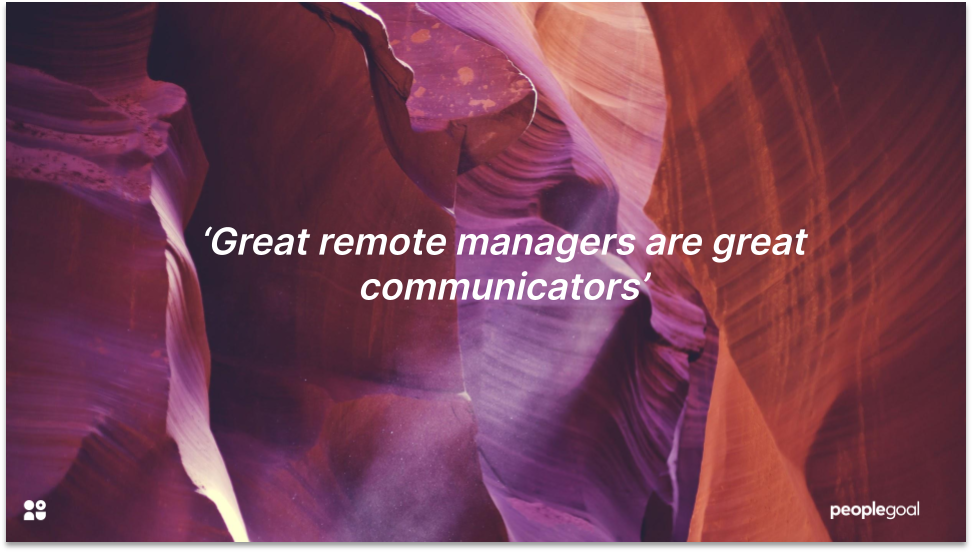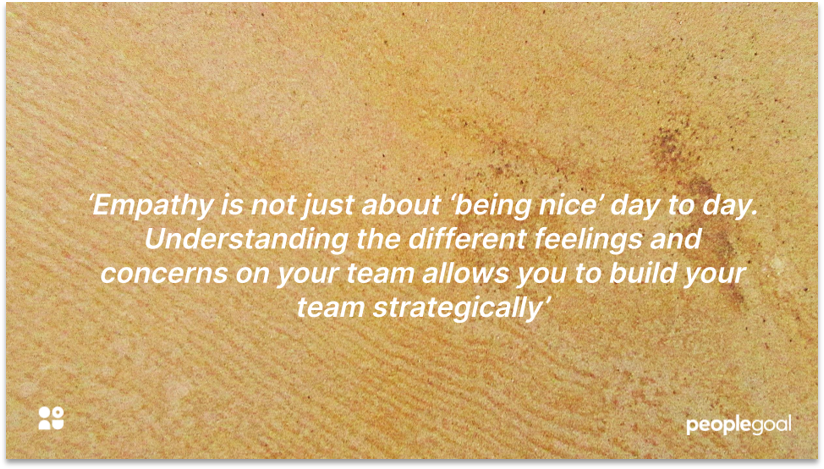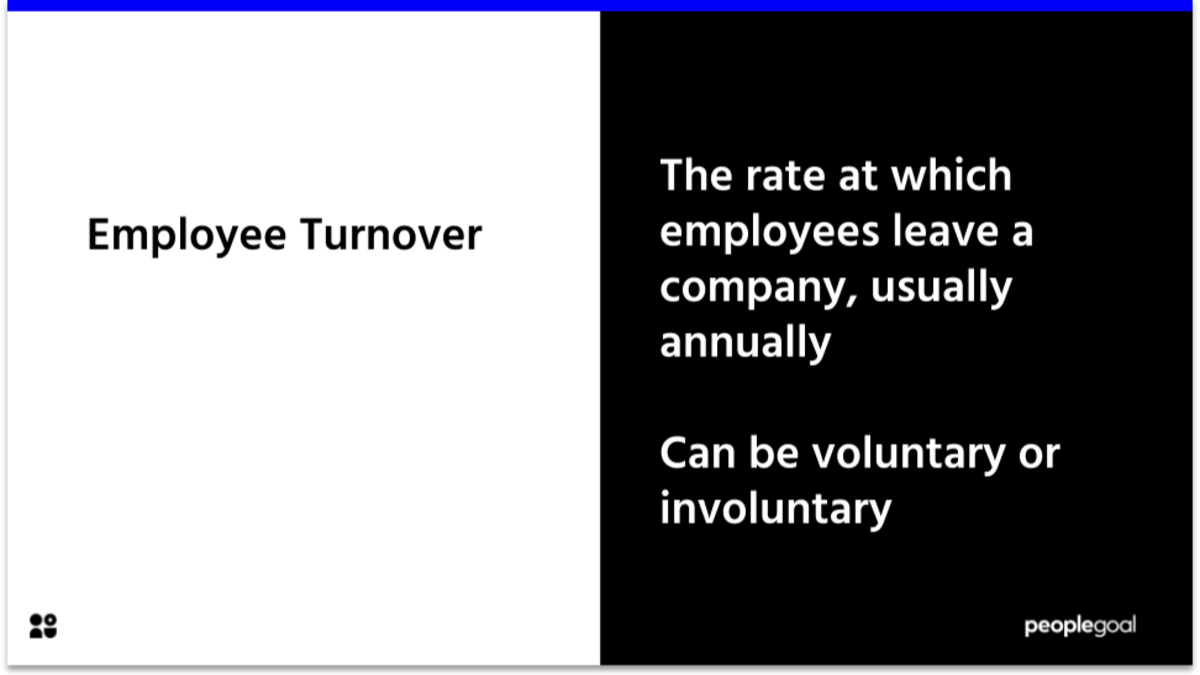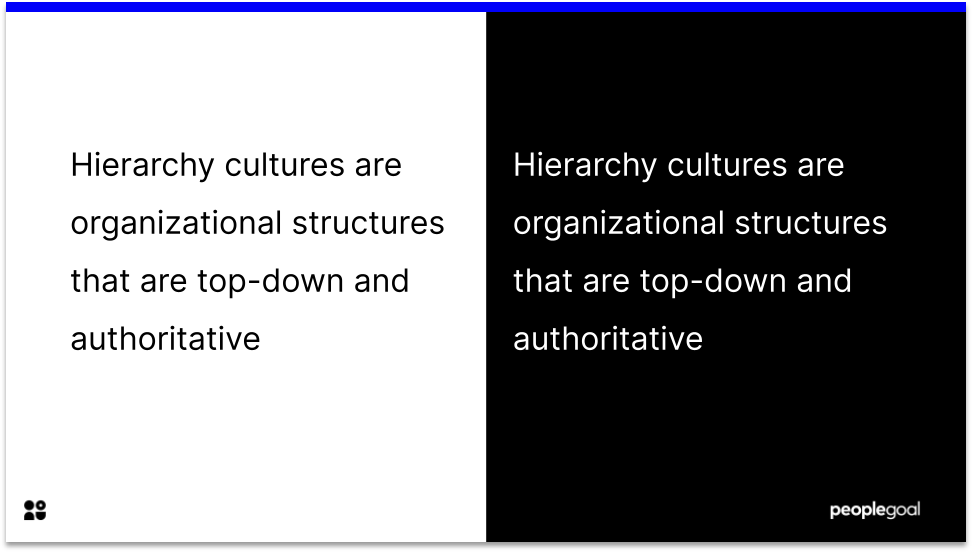We look to leaders in times of uncertainty. The last few years have been nothing if not uncertain. When vast swathes of the workforce moved to remote work, virtual leadership was crucial for easing the transition.
It now looks like remote working is here to stay. Most companies will move towards hybrid ways of working – so managers need to be skilled virtual leaders.
But what makes for excellent virtual leadership? Great remote managers are great communicators. They set clear expectations and break down team goals into actionable tasks. They transfer their coaching skills to the remote workplace.

Many of us have enjoyed the benefits of remote work – whether that’s being closer to loved ones during the working week, or saving time on tiring commutes. But working from home also comes with downsides. We can feel isolated, struggle to focus, or lose purpose at work.
Managers need to be conscious of these challenges. Supporting remote workers takes empathy. But compassion alone is not enough. Leaders need to act on this empathy, offering remote workers the support they need.
Tips for Virtual Leadership:
- Adopt a ‘virtual open door’ policy
- Listen actively to employees
- Schedule online one-on-one meetings to check in with employees individually
- Promote wellbeing and work-life balance
- Use morning check-ins to offer support and guidance
- Use virtual team-building activities
Below are the top 5 skills that all great virtual leaders share.
The Top 5 Skills of Great Virtual Leaders
1. Clear communication
Remote communication – it sounds paradoxical. But in fact, clear communication is possible during remote work.
This is a constant battle, however. Misunderstandings or even conflict can arise from an unclear message. It’s hard to convey tone effectively over email or instant messaging.
Virtual morning and afternoon check-ins are a chance for you to clarify any miscommunications. While turning on video can create a friendly atmosphere, remember that not everyone has a quiet space for video calls.
Because of this, it’s best to tell staff in advance if you expect them to turn video on. For example, you could say, ‘There’s a new team member onboarding today. Turning video on and saying something interesting about ourselves will help them feel more at home’.
Encourage team members to organize online meetings with each other for more collaborative work. You could tell them, ‘It would be good for you two to have a chat after this meeting about this project and brainstorm ideas’. This ensures that some more intentional communication will happen.
Summarize key points from daily check-ins in a Slack channel or other internal social media. This double-checks that everyone has the information they need.
Tips for Remote Work Communication
- Establish boundaries for work-life balance
- Turn on video for introductions/training
- Use a combination of instant messaging and conference calling
- Set tasks that require collaboration
- Always say good morning and goodbye!
- Invest in communication tools
2. Empathy and trust
Empathy is your ability to put yourself in another’s shoes. This is a powerful leadership tool- it connects you with what your employees are thinking so that you can properly support them.
During the pandemic, it took empathy to take onboard the manifold worries and stresses employees were experiencing. The best leaders listened actively to their teams’ concerns, and incorporated their thoughts into any plans.
Empathy is not just about ‘being nice’ day to day. Understanding the different feelings and concerns on your team allows you to build your team strategically. Are some employees deflated after a difficult week? Their colleagues might take on the reigns on a complex project.
Trust goes hand-in-hand with empathy. A ‘management by walking around’ style just isn’t possible anymore. Managers can’t see what their employees are working on
every hour of the day during remote work.
Trust sometimes means a ‘hands-off’ approach. Give your team the space they need to complete their tasks. Rather than firing off stressful reminders, expect every employee to perform at their best. They’ll appreciate your belief in them.
Trust sometimes means a ‘hands-off’ approach. Give your team the space they need

3. Set goals effectively
Aligning the team around shared goals can be difficult when you’re not in the same physical space. But it’s important to have milestones to work towards together.
Great leaders set ambitious goals for their teams. They break down stretch targets into manageable steps so that employees can make progress every day.
OKRs are an excellent way to promote goal-setting during remote work. You can set goals for the organization or department.
Refer back to objectives in virtual morning check-ins and celebrate small wins. This boosts morale, and gives employees a stronger sense of purpose.
It’s important to have milestones to work towards as a team
4. Virtual coaching
According to Gallup, 39% of the workforce were engaged at work in 2021. That means that a majority of employees do not feel committed to the company they work for, or actively engaged during the working week.
During remote work, managers need to make an extra effort to inspire and engage employees. Taking on a coaching role in their development can be a great way to achieve better engagement.
Schedule virtual one-on-ones with employees and consult them on individual goals. Offering additional training or mentoring can make each team member feel valued.

5. Foster teamwork
Leadership is not just about nurturing individual performers. It’s also about how you build responsive teams that bring together a range of skills and perspectives.
For example, in a football team, you need players in defensive positions, but you also need strikers, midfielders and a strong goalkeeper. Managers need to know the strengths of each player, so they know which tasks and roles are best suited to them.
Building team relationships is also key. Virtual team building activities are a way to develop a supportive, friendly culture. This will boost employees’ collaboration skills, so that they can work together on complex projects.
The stresses of remote work may lead to workplace conflict. Wherever this arises, managers must step in to create a dialogue between the individuals involved and help them agree on a solution.

Lead the way with virtual leadership
We are all living through an unexpected social experiment with virtual leadership. Some would argue that leaders can’t offer the same mentoring and training when working remotely. However, overcoming the distance is possible.
Leadership skills such as communication and effective team-building are more important than ever. Managers may need training to transfer their skills into the remote environment.
Ready to 3x Your Teams' Performance?
Use the best performance management software to align goals, track progress, and boost employee engagement.






